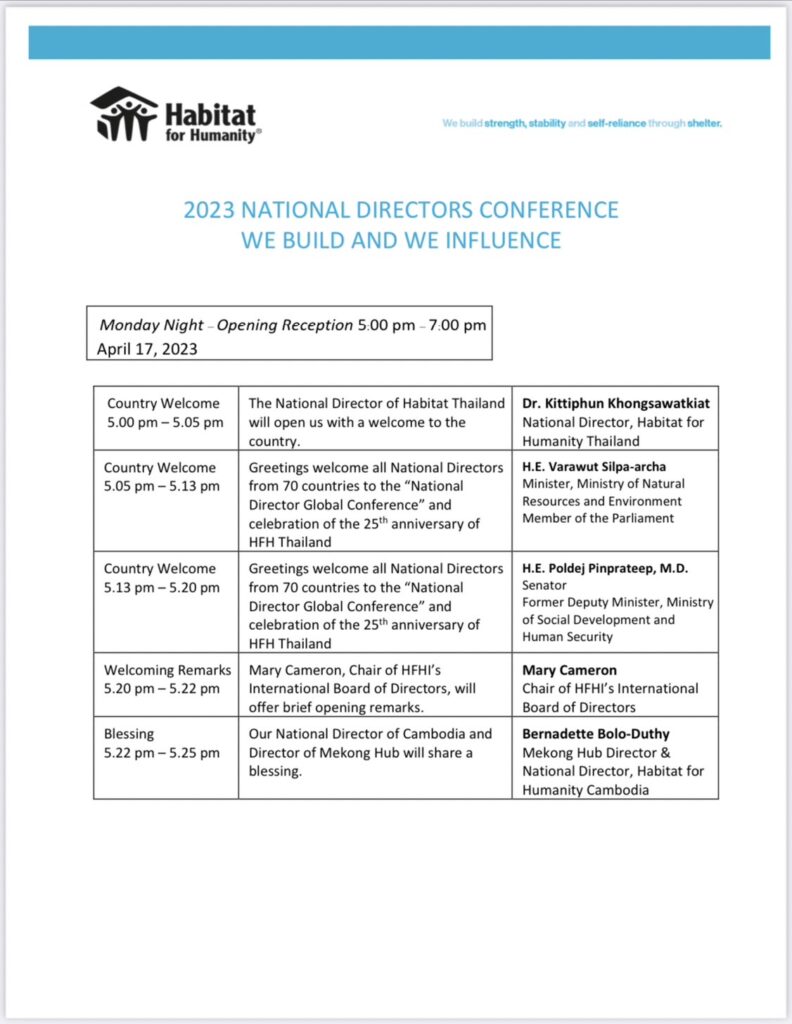As a senator of Thailand and as a long-term social development worker, I would like to express my appreciation and gratitude on behalf of my Thai friends to those who have chosen Bangkok as the venue for this Meeting.
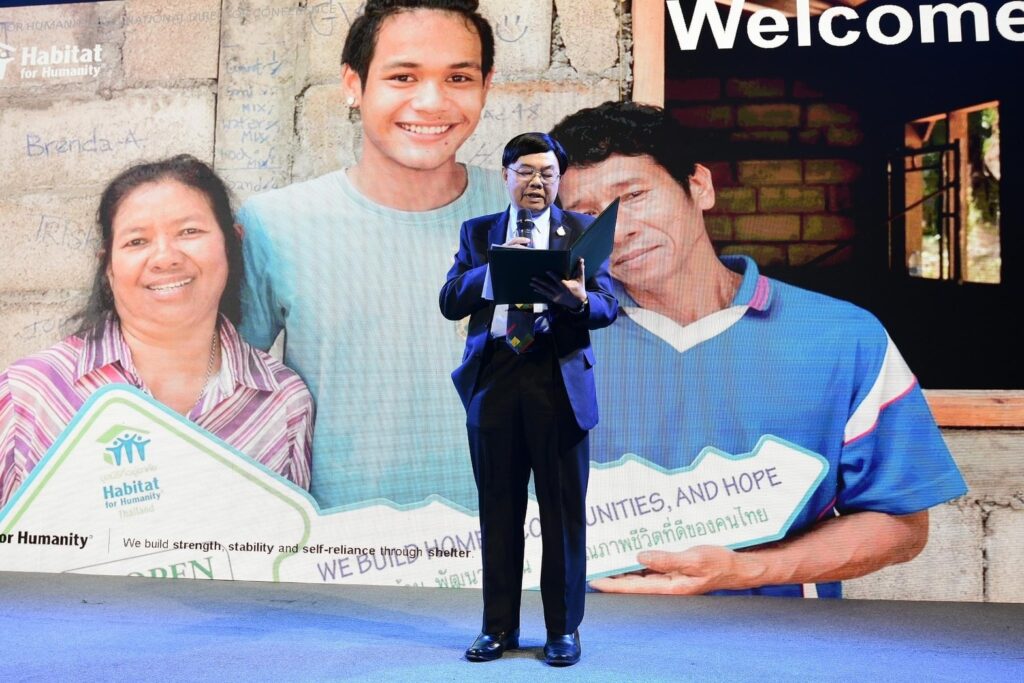
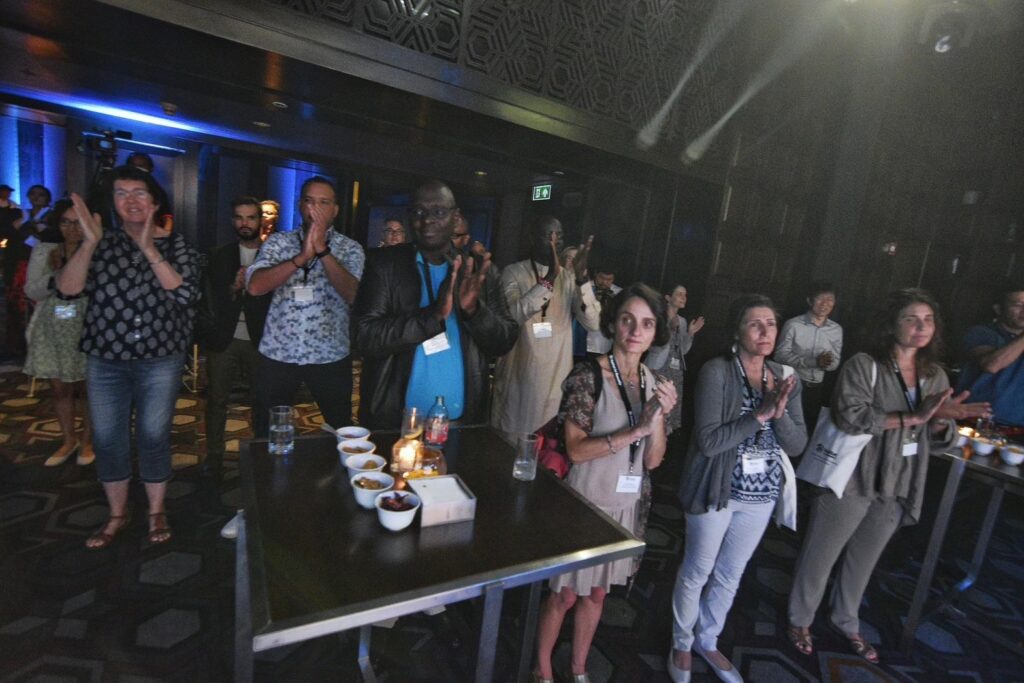
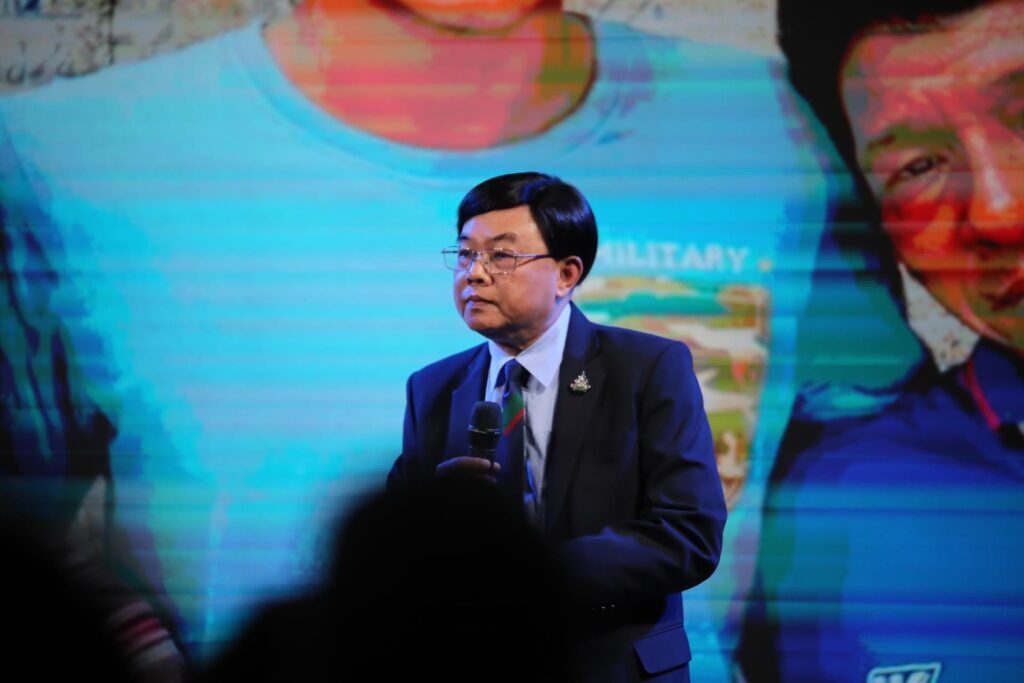
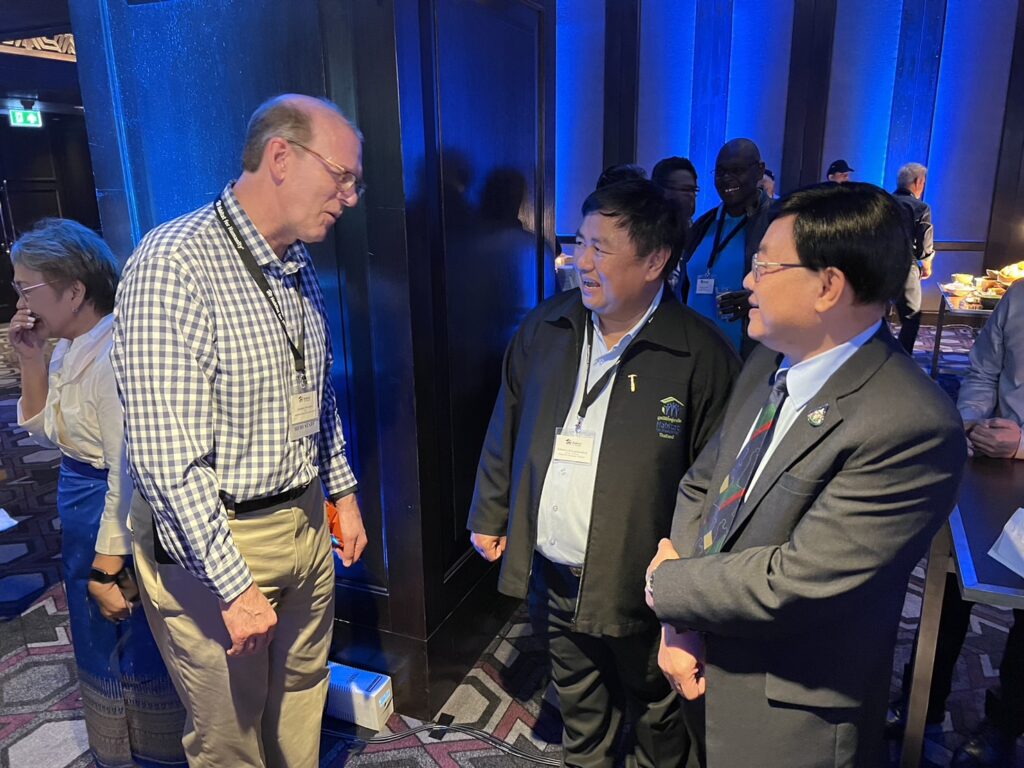
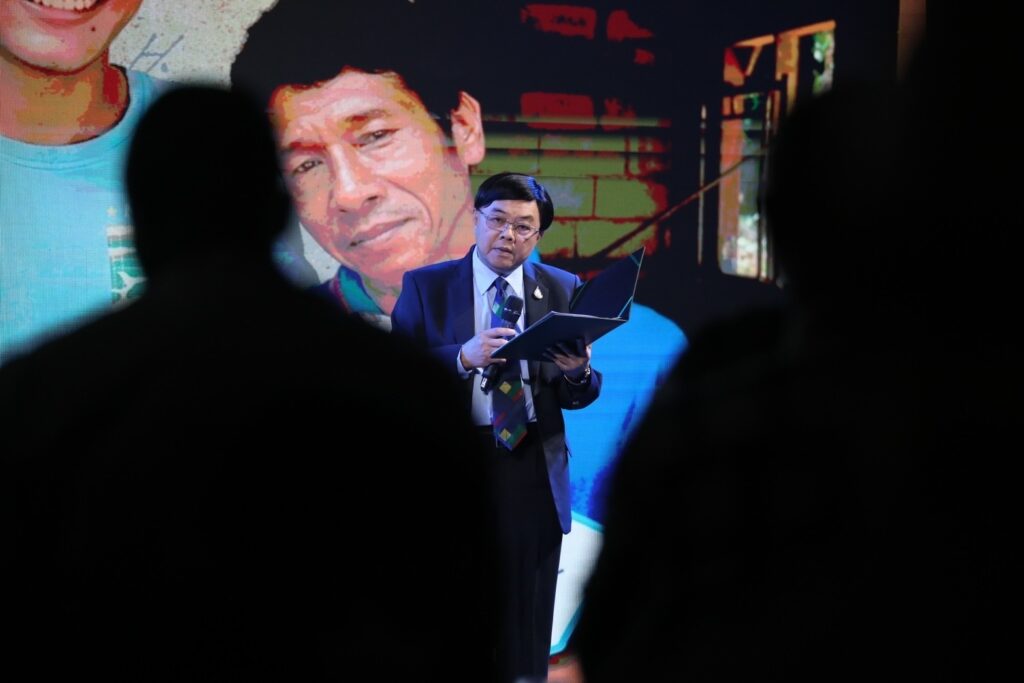
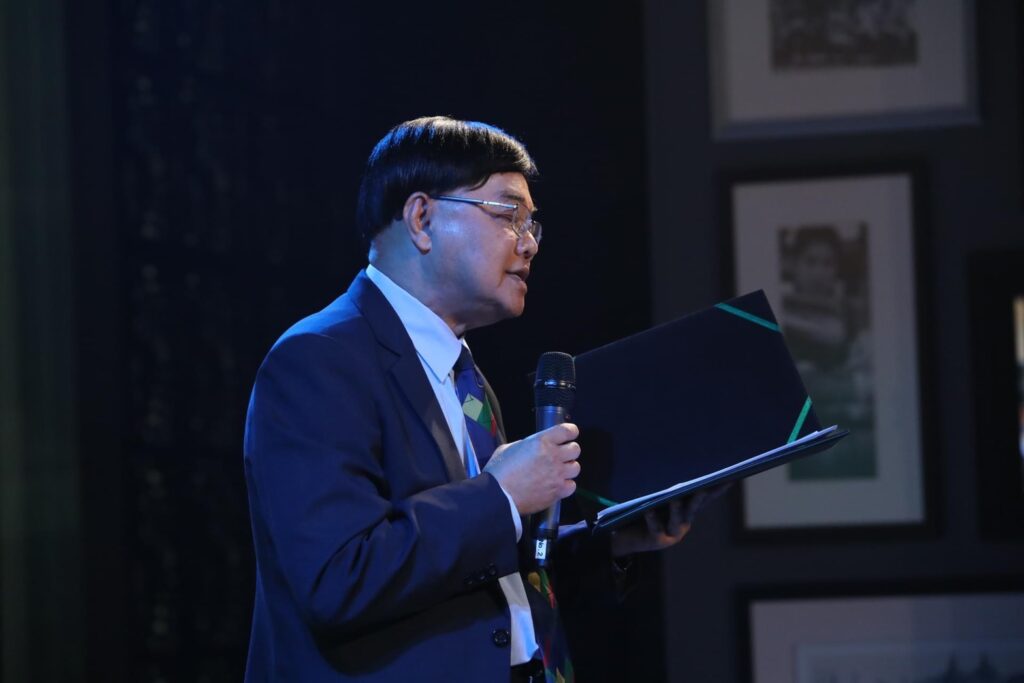
I welcome “National Director Global Conference” from 70 countries around the world today with pride, hope, faith and confidence.
In this respect, on this occasion that you all have come to the meeting on the housing development of Habitat for Humanity together in Bangkok, I would like to share cases of some part of Thailand for your information.
Distinguished guests.
In Buddhist society, we consider food, clothing, shelter, and medicine as the four fundamental factors for living. Therefore, social and local community development at all levels should aim towards the goal of ensuring that all households have stability in these factors.
Looking at Thailand on the development path in the past 60 years, the overall economic outlook based on GDP figures indicates that we have long since stepped out of being a poor or developing country. But the country has been trapped in the group of middle-income countries for more than two decades. Thailand has not been able to step into the group of developed countries.
In addition, there has also been the problem of social inequality that is spreading every moment in which wealth still remains concentrated. There are thousands of local communities and hundreds of thousands of households still revolving around poverty, with lack of stable homes and residences for a good quality of life.
The current constitution contains the 20-year National Strategy (2018-2037) that has been formulated with the goal of becoming a country that is stable, prosperous and sustainable with the philosophy of Sufficiency Economy of King Rama IX and the middle path which goes in accordance with the principle of Buddhism. In addition, during the first five years, a national reform plan in 13 areas must be prepared in order to accelerate the restructuring in order to support missions in new directions. As for the issue of food security, clothing and medicine; Thailand has few problems because we are located in a fertile geographical position. There are not many natural disasters, while agriculture can stand on its own ground while a universal health insurance system can take care of people’s illnesses covering all classes but – unfortunately not in the housing. We still have many challenges among the poor population and families that we need to face.
For me personally, I have not taken on the task of building houses for the poor or developing housing for humanity directly. But during 2017-2018, our network of civil society organizations in 76 provinces across the country together with 81,400 local volunteers conducted a survey of the poor who were abandoned in the community to provide initial assistance, organize the database and coordinate with agencies, organizations, as well as those who have faith to help develop in the long run.
At that time, we discovered 7 types of abandoned poor people, totaling 128,000 people, consisting of homeless people, stateless people, abandoned elderly people, chronically infected homebound patients – bedridden and people with multiple disabilities. Of these, 8,300 cases had urgent problems in housing. Therefore, these houses had to be repaired to withstand the sun and rain. Hygienic toilets and basic utilities had to be provided including building a whole new house.
Local volunteer groups from civil society organizations are acting as an intermediary to coordinate government agencies to help some group of people in need. Other groups are helping to raise donations from believers and local wealthy people. Especially when the local building materials store heard the story, they often donated equipment. All operations can therefore be accomplished owing to the Thai cultural manner.
Distinguished guests
For the poor, a house may not be a collectible asset but home is the stability of life. As long as there still exist the poor, the weak, and the abandoned in the society, housing development work for the poor is still essential. In reality, new generations of poor people are born every day. Therefore, a house that is only large enough to put someone’s head to sleep still needs more maintenance and repair. Technology, capital and cheap construction materials that are environmentally friendly as well as the gathering of volunteer spirit are necessary.
Finally, I wish this meeting became successful for all the objectives and goals as established.
Thank you very much.
